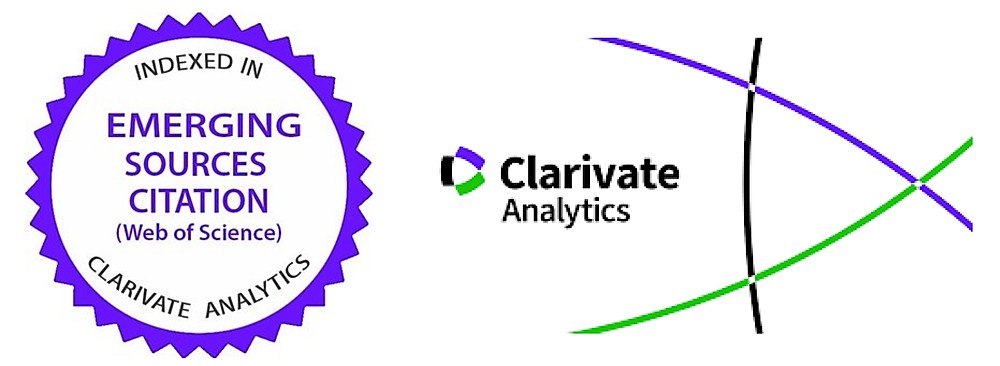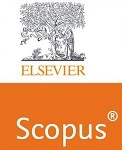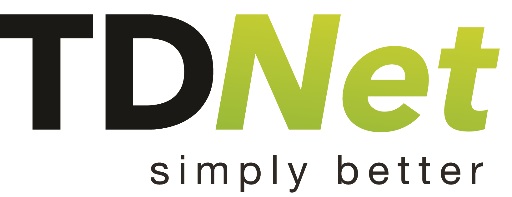Local Agenda 21 and the Systemic Valences in View of Sustainable Development
Abstract
Agenda 21, UN initiative was adopted for the first time in Rio de Janeiro Summit in 1992, promoting the concept of sustainable development at local level. After ten years, in Johannesburg in 2002, the second World Summit stated that Agenda 21 "represented the main instrument in view to reach the welfare status of the population at world level". Local Agenda 21 is implemented by local authorities and it promotes public participation, a genuine balance between the economic growth, social equity and environment protection. The concept of sustainable development involves a constant re-evaluation of the relationship human being - nature, solidarity between generations, as the only viable option for ensuring a development model on long term. In this respect, economic policies should be drawn up, in view to try to organise the adequate management of human being and natural resources instead of placing the biosphere under the constraints provided by the logic of immediate profit. The current paper aims to approach theoretically and pragmatically the topic of Local Agenda 21, as a model of systemic analysis. The paper will approach the core concepts which are shaping the general framework for accomplishing sustainable development and at the same time the paper will present the implementation of Local Agenda 21 in Romania.




























